SHORT PROSE COURSE
Do you want to write but don’t feel confident yet? Do you have inner critics constantly nagging you? Do you dream of writing a longer piece, but before that you would like to test your ability in a shorter genre? Have an idea, but don’t know how to “dress” it yet?
The short and effective short prose course WRITE IN ONE WAY is just for you. Attend doc. Dr. Come and realize your idea in the course led by Gabriele Labanauskaitė and writer Jurga Tumasonytė!
The short prose course is intended for stubborn people not only to acquire theoretical knowledge but also to achieve a result – to write a short story of up to 3 pages. volume work, which can be discussed with the course lecturers.
Course duration: 12 academic hours
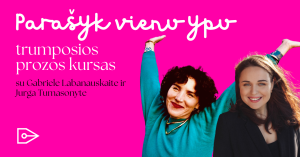
IN THIS COURSE YOU WILL GET TO KNOW:
• how to create atmosphere and how it relates to different genres of short prose;
• what is being thrifty with the language and why each sentence is important;
• how to search for topics when you only have a thought or a mood;
• how to develop the characters and their language;
• what structure can be most effective for a short work and why a good ending is important;
• why conflict can be the driving force of a work;
• where you can print or publish your work.
• will answer the questions asked and give various practical writing tasks and tips.
• we will read aloud the submitted work
• we will examine how a piece of short prose can be edited and improved
• personal feedback will be provided and questions will be answered
WHY IT’S UNIQUE:
• get acquainted with the theory of short prose;
• lecturers will share practical advice;
• personal feedback is provided up to 3 pages. for scope text;
• participants who attend at least 50% of classes will receive a diploma;
• if you miss the session, you will be able to view the video material;
• you can freely adjust your participation form (watch recordings, participate live, etc.)
LECTURERS:
Gabrielė Labanauskaitė is a poet, dramatist, and writer with many years of experience in teaching creative writing both in Lithuanian higher education institutions and abroad. in 2013 Gabriele Labanauskaitė’s scholarly monograph “Dramatika”, which explores contemporary narratives, appeared, and in 2022, a collection of plays “Dramas”, published by the Institute of Lithuanian Literature and Folklore in Lithuanian and English. in 2023 nominated for the “Boris Dauguvietis earring” award for searching for new forms of stage expression.
Jurga Tumasonytė is a prose writer who has published 4 books and actively collaborates in various cultural publications and portals. In 2020, Tumasonytė’s short story collection “Mermaids” was included in the twelve most creative books of the year and was awarded the Jurga Ivanauskaitė prize. Jurga’s texts have been translated into Estonian, Latvian, German, Russian, Croatian and English.
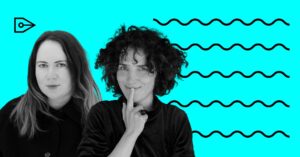
 Photography: Shelby Miller
Photography: Shelby Miller Photography: Yannick Pulver
Photography: Yannick Pulver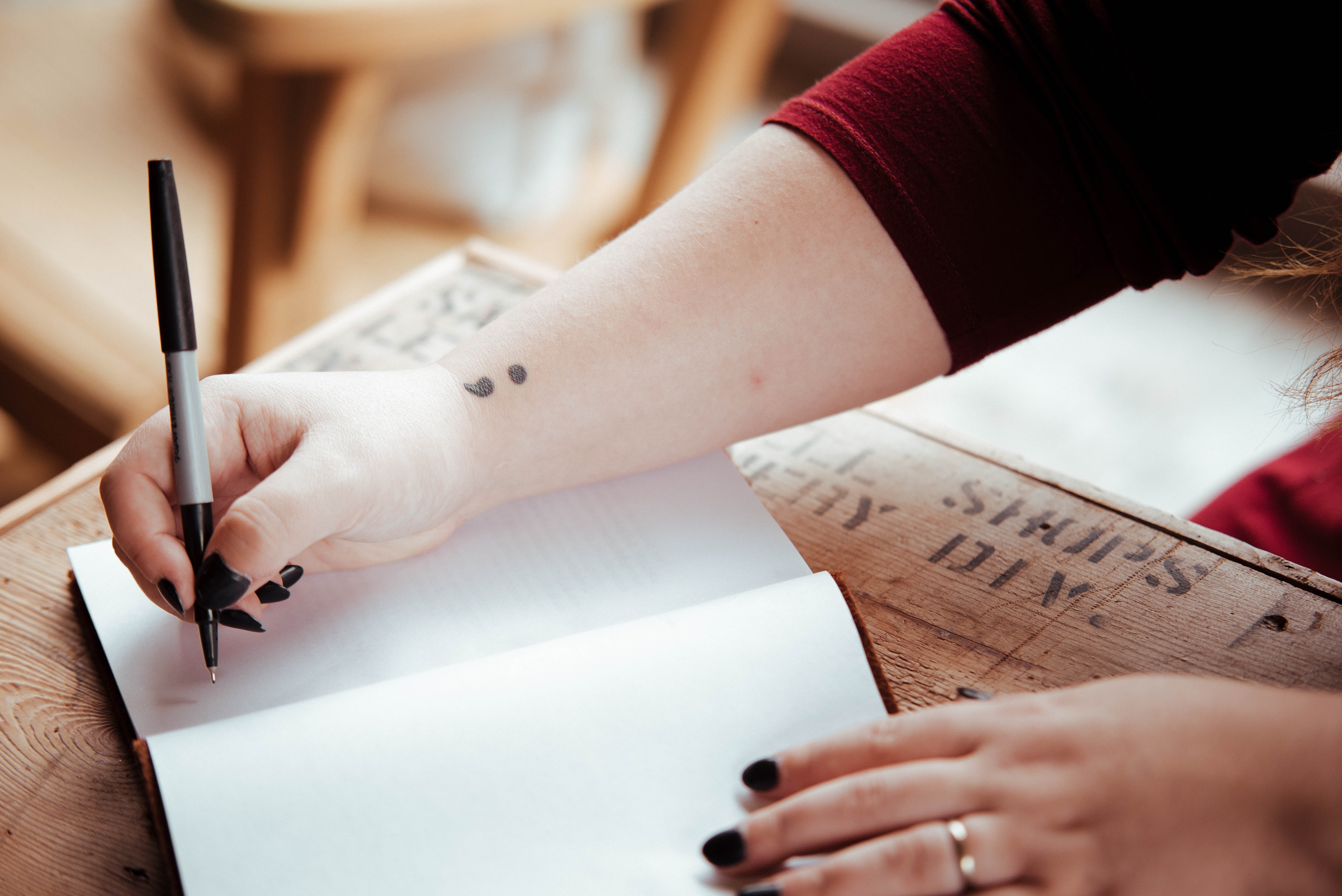 Photography: Timothy L Brock
Photography: Timothy L Brock Photography: David Iskander
Photography: David Iskander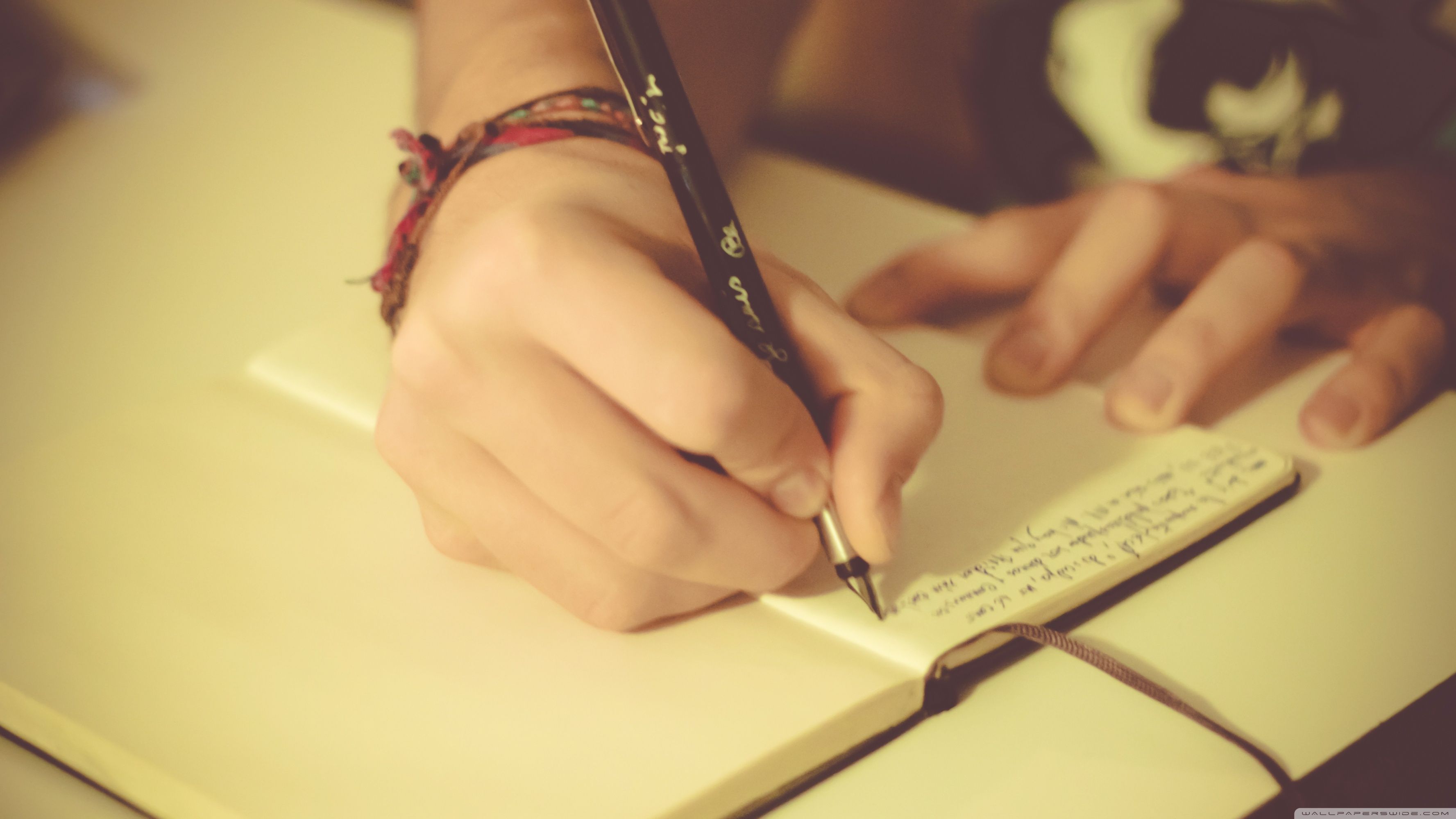 Photography: Glenn Carstens Peters
Photography: Glenn Carstens Peters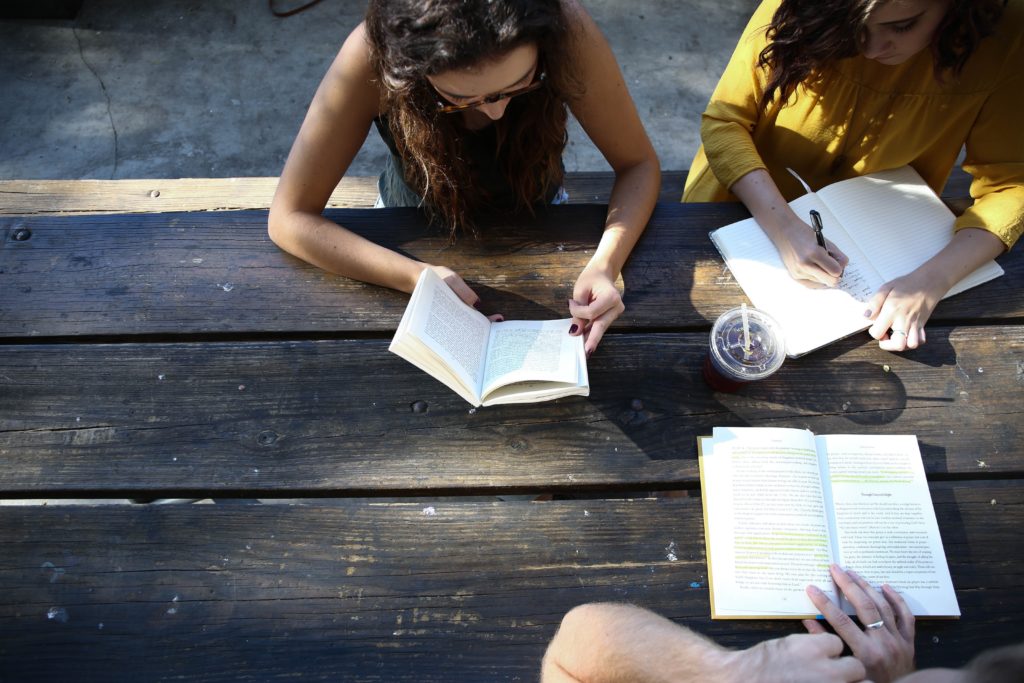 Photography: Alexis Brown
Photography: Alexis Brown
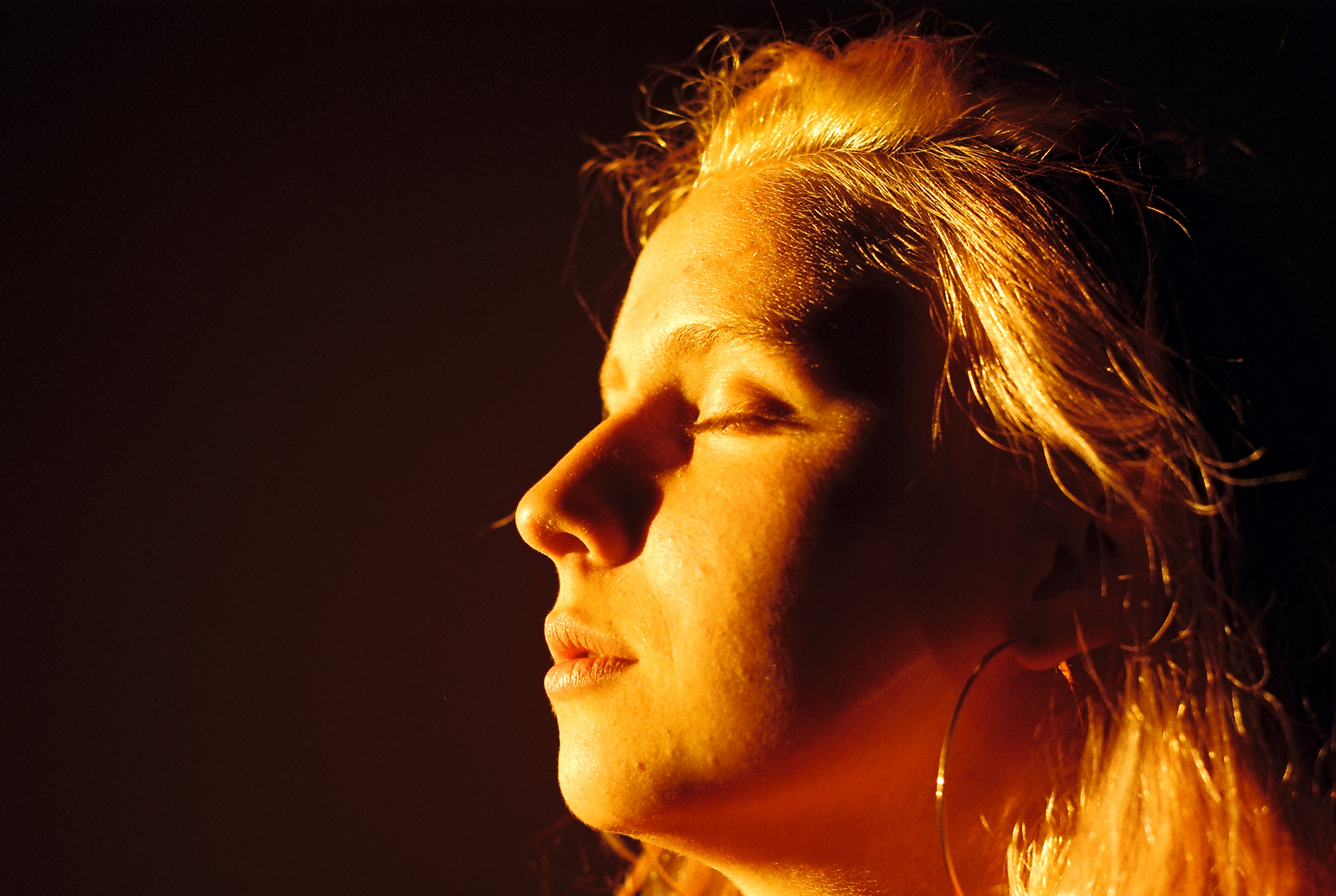
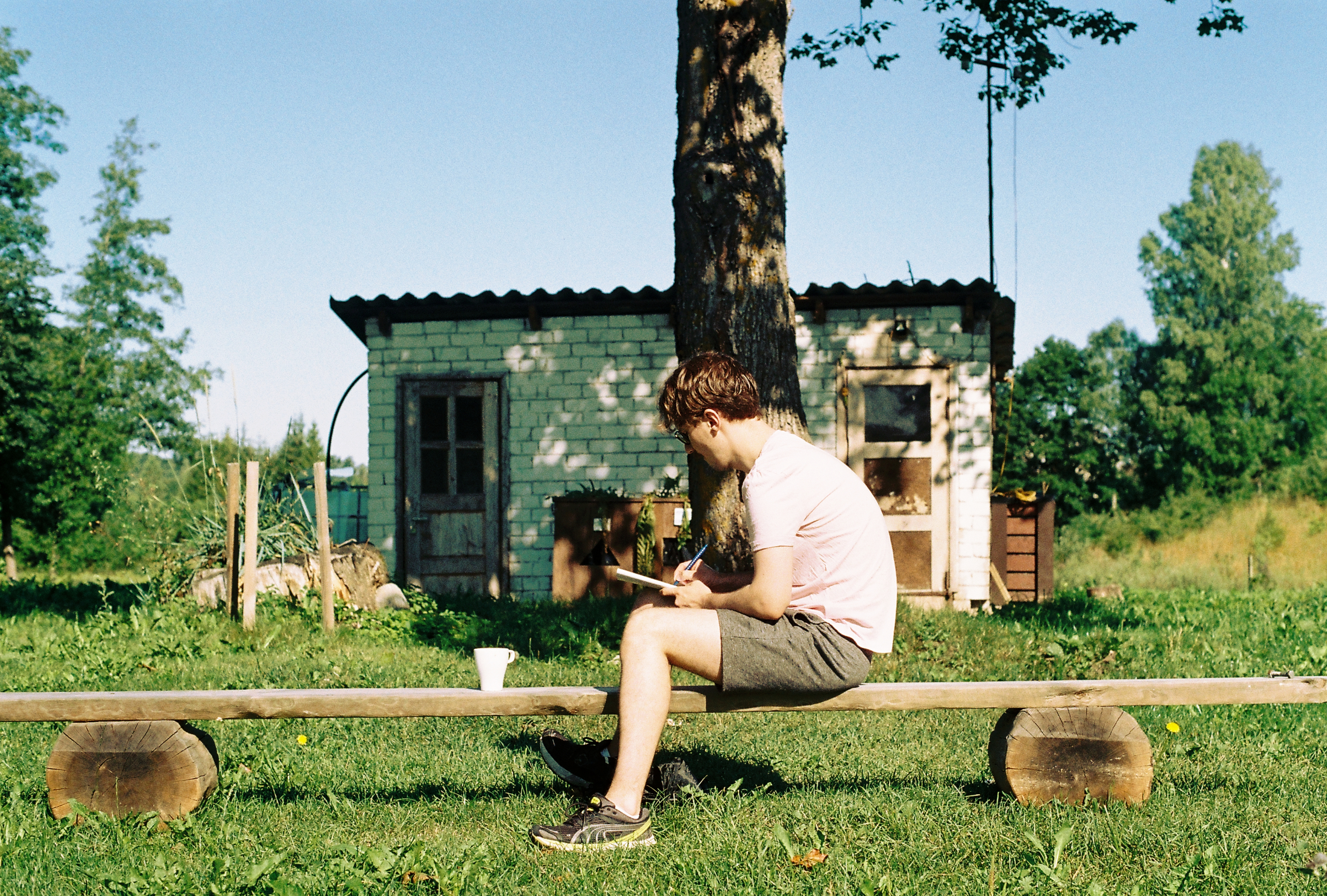
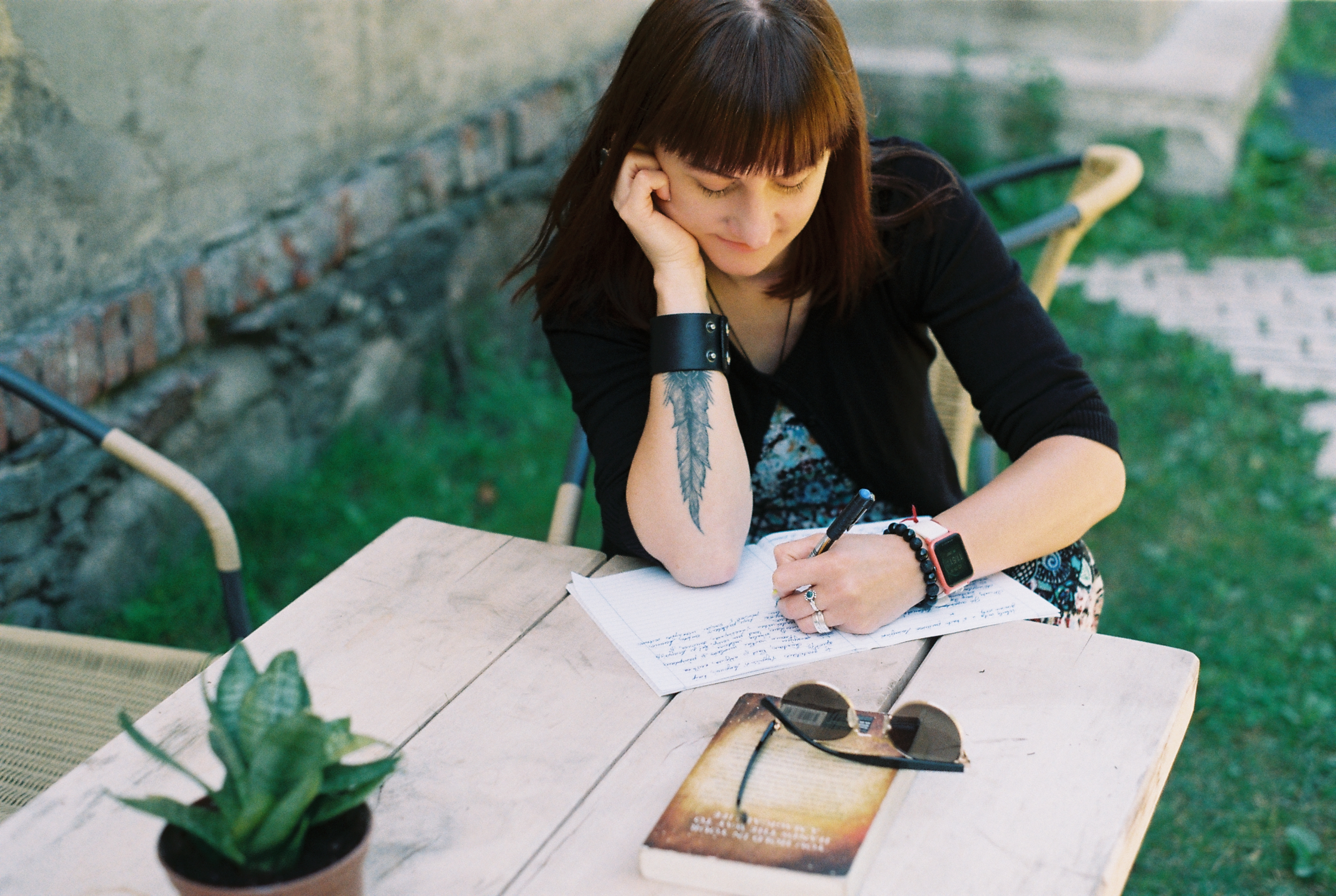
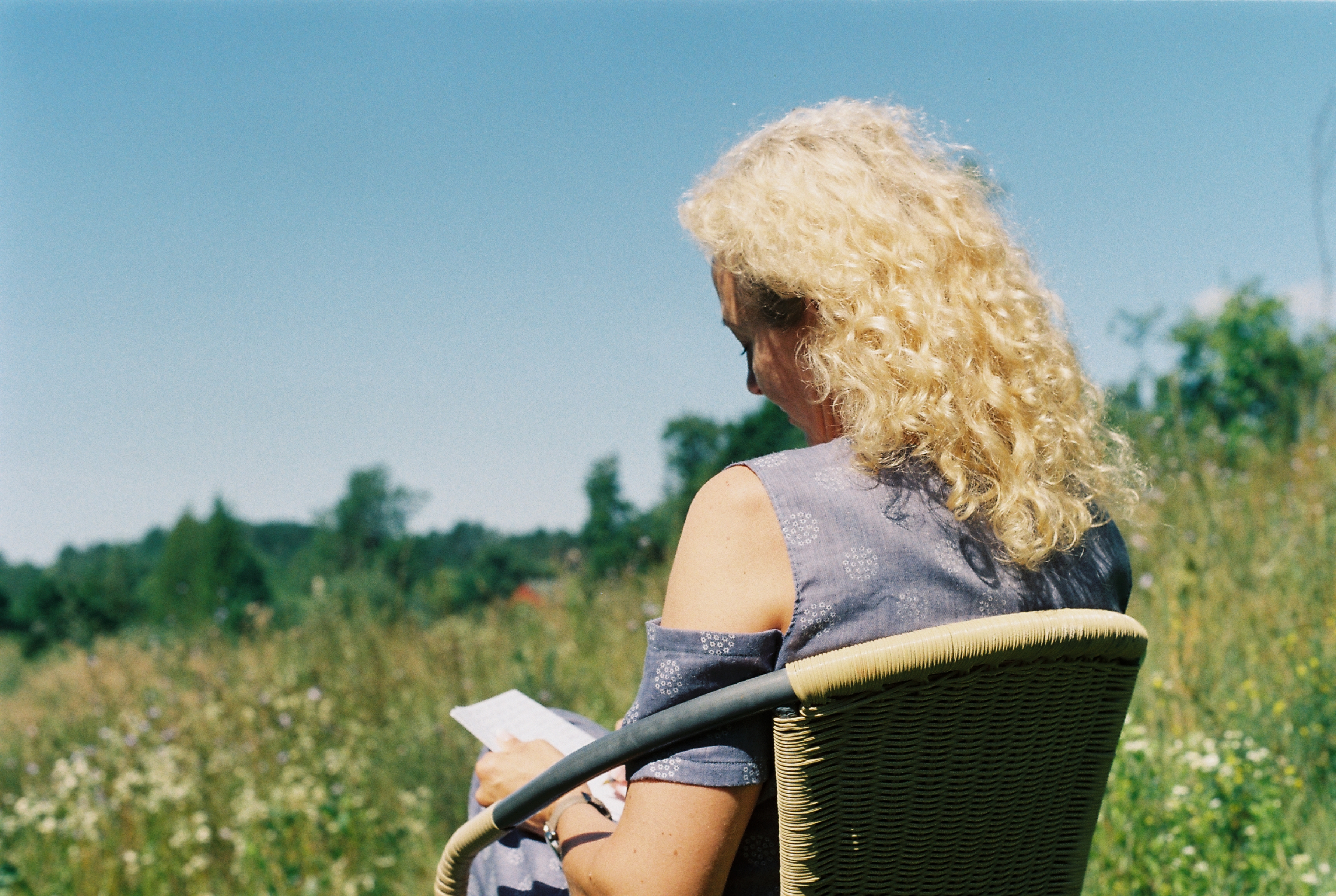 Photography: Viktorija Samarinaitė
Photography: Viktorija Samarinaitė